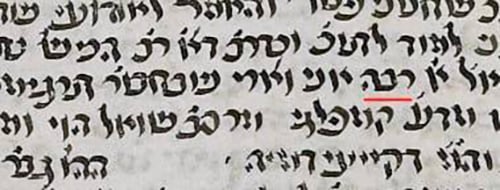
The Fellowship of the Golem
In last week’s article, “Who Fashioned a Golem,” we discussed Sanhedrin 65b, and how Rava (or perhaps Rabba or Rabbi Abba) fashioned a golem and

In last week’s article, “Who Fashioned a Golem,” we discussed Sanhedrin 65b, and how Rava (or perhaps Rabba or Rabbi Abba) fashioned a golem and
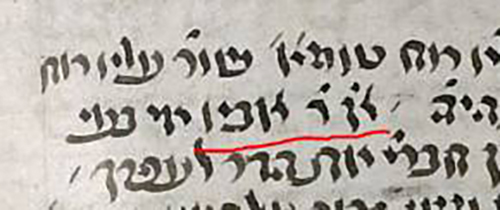
A few Amoraim were capable of supernatural creation of beings (Sanhedrin 65b). Interpreting a verse in Yeshaya 59:2, “But your iniquities have been a separation
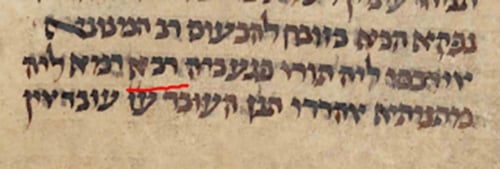
In Sanhedrin 61a, Rav Hamnuna lost his oxen and went searching for them. Rabba bumped into him and took the opportunity to pose a

Rabbi Yehoshua ben Korcha states in a Mishna (Sanhedrin 56a) that, during a trial for blaspheming, the witnesses are asked to use an appellation of
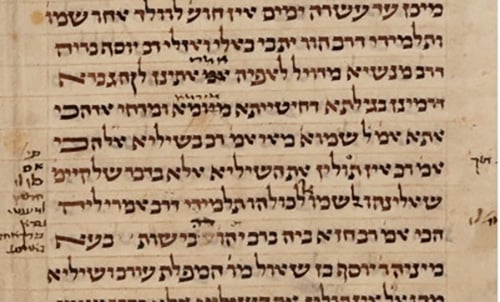
Sanhedrin 57a discusses the Seven Noachide Laws. While most of the Torah and Talmud discuss laws pertaining to Jews, there are certain basic moral assumptions
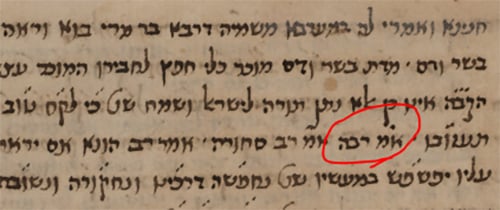
Let us say your father and rebbe are both carrying heavy boxes and need assistance putting it down. A mishna in Bava Metzia 33a says
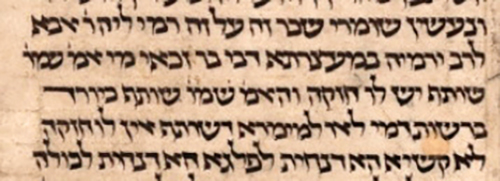
Ben Zakkai appears in Sanhedrin 40a, but I don’t know who he is. The Mishna states that whoever increases in bedikot—examinations of witnesses about tangential
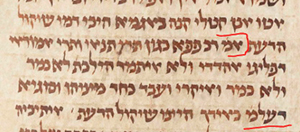
In Sanhedrin 33a, a third-generation Amora, Rav Sheshet (citing Rav Assi, Rabbi Assi or in Sanhedrin 6, Rabbi Ami) distinguishes between two types of error
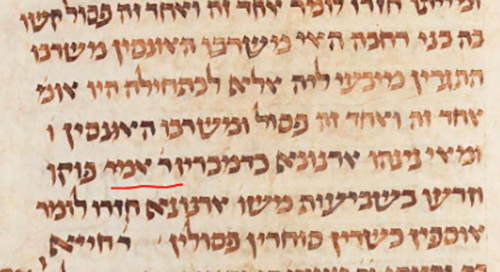
The Mishna in Sanhedrin 3:3 lists people invalid to testify due to their occupation. These include: one who plays with dice for money, one who

In a recent article (“Rav Nachman bar Yitzchak, Name-Giver?,” December 12, 2024), I discussed Rav Reuven Margolios’ suggestion that Rav Nachman bar Yitzchak was responsible

Many aspects of the Jewish calendar were historically placed under the control of the Jewish court, which in turn allowed them to decide when festivals

As we begin Sanhedrin, we encounter Rabbi Yonatan (ben Yosef) of the Land of Israel arguing with Rabbi Yoshia of Babylonia. These are fifth-generation Tannaim